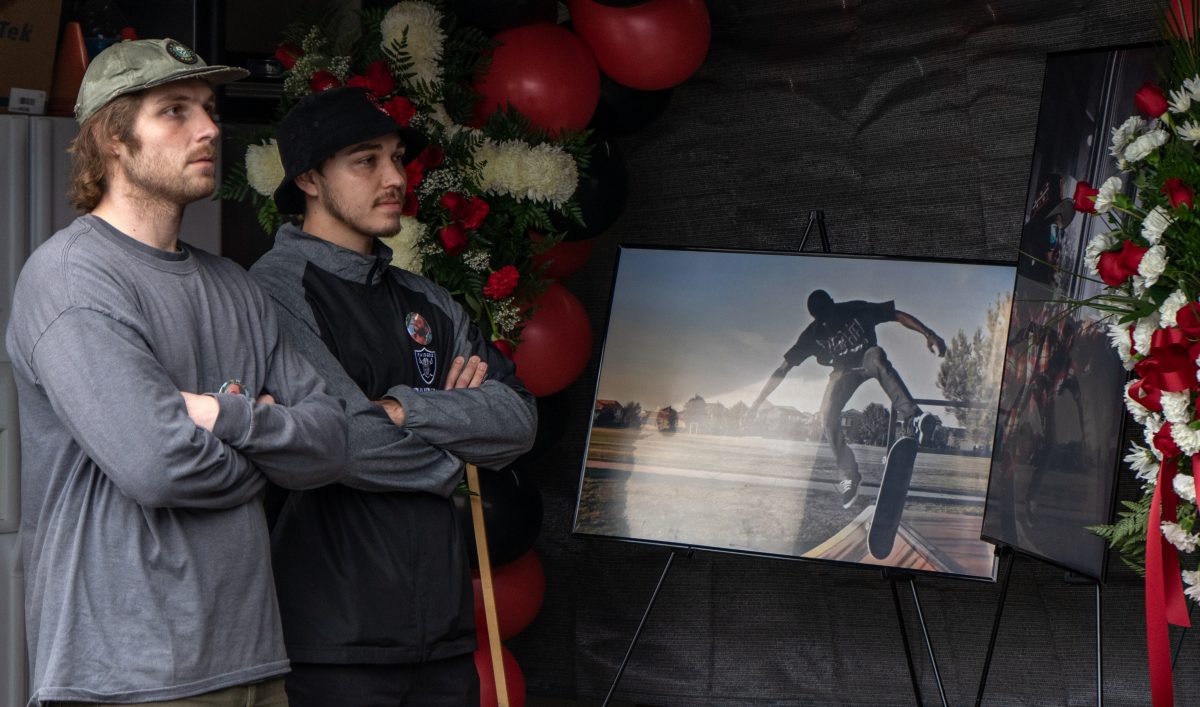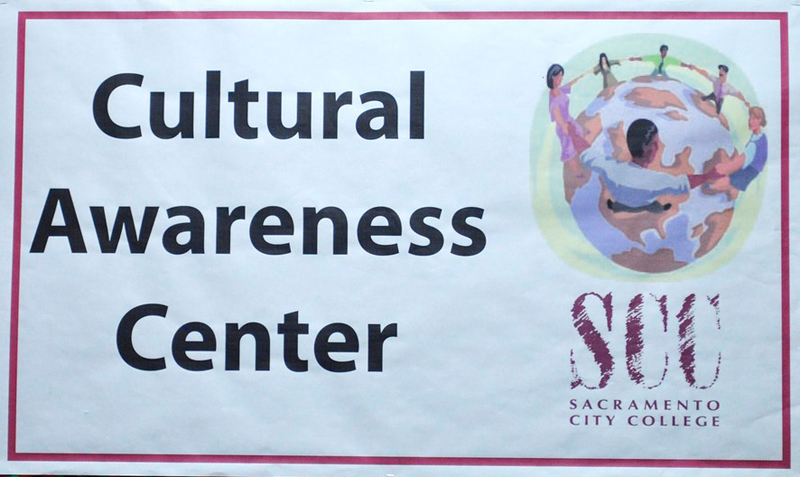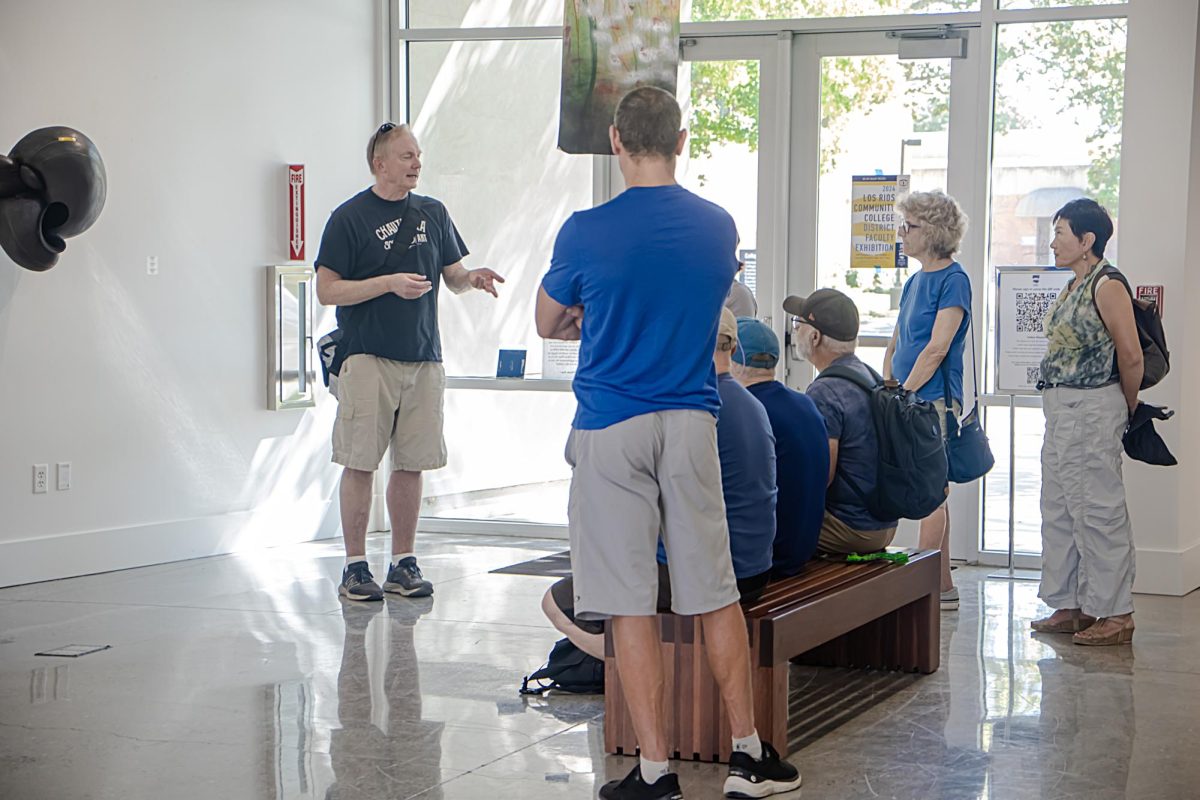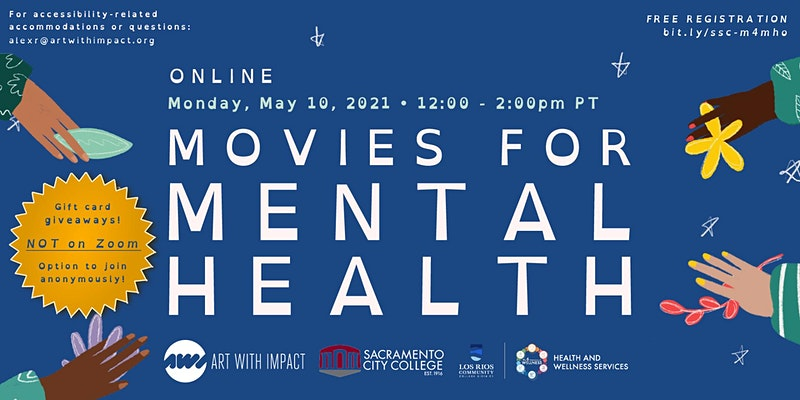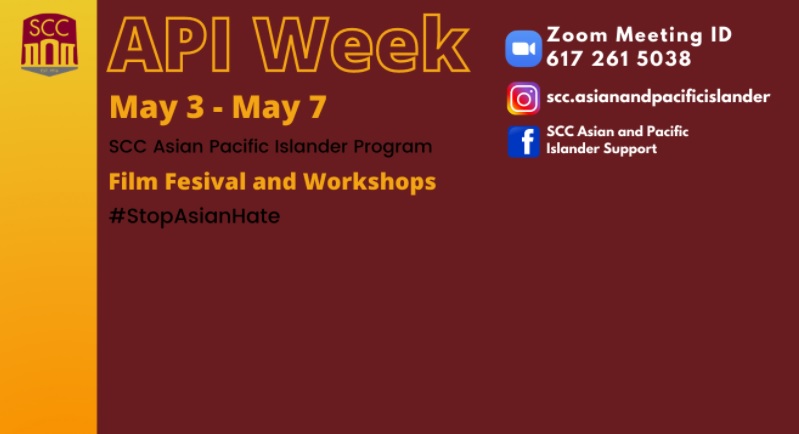The Cultural Awareness Center held an event Sept. 24 for students to discuss women’s issues nation wide with a guest lecturer who is a law attorney and an activist for women’s rights.
Tiffany Sharp discussed issues facing women in poverty-stricken countries and her efforts to supply aid and socioeconomic freedom through her non-profit programs Willow Tree Roots and Mama Willow Tree.
“No country in the world has obtained economic equality in the world, including our own,” Sharp told the crowd gathered in the Cultural Awareness Center. “Empowered women equal an empowered community.”
The United Nations says there is no agreed upon definition to define a “developing nation,” but according to the World Bank Group, a international financial institution, developing countries are defined by their gross national income per capita, per year. These types of countries have an average GNI of $1,045 per year or less, giving an estimated $87 per month, per person, a number that Sharp said she can spend at Whole Foods in 10 minutes.
“I’ve been working and volunteering with women and children for about 10 years in developing countries,” said Sharp. “I would close down my law practice a couple times a year, or a couple times a week, and just go as a mental refuge for myself, and [I] really found inspiration in these women and in these communities.”
Sharp is an avid aid worker in third-world countries, mainly Kenya, Peru, and Cambodia. In these three countries she began Willow Tree Roots, a non-profit program focusing on empowering women by giving them adequate health care, teaching them how to read and write, and work as seamstresses creating clothing and products that people can purchase off Sharp’s retail website.
Women enrolled in Willow Tree Roots are expected to work three days a week, but Sharp said the women show up every day with their children and tutors, because they are so passionate about what they accomplish. Each dollar spent at Mama Willow Tree helps aid women in these countries, supporting their community as a whole.
Sharp explained how Rwanda is an example of women improving their overall community stability. The Rwandan Genocide in 1994 resulted in an estimated 500,000 to 1 million fatalities, comprising mostly of men. Today, 70 percent to 80 percent of the population is women. These women took their traditional roles as mothers and wives and helped rebuild their community, and Rwanda became the first country to allow women to enter the parliament in 2008; rising from 18 percent to 56 percent in the legislature.
“‘Socioeconomic status’ is one of my favorite [phrases],” said Sharp. “This philosophy increases self-worth and helps sustain women by learning the business, financial skills, and helps them become community leaders.”
Sharp said she has a soft spot for Kenya and recently returned from aid work in July. She stayed in refugee camps, traveling across dirt roads, sleeping under tin roofs, going to the bathroom in dirt holes, with no running water. Soon, she said, she will be traveling to Peru during the Thanksgiving holiday.
There are several consequences when it comes to being a woman in countries such as Kenya and Peru. The lack of education, becoming victims of sexual violence and exploitation, childhood marriage, denied rights as citizens and inadequate health care are all very common.
“When I was in Kenya, some of the males didn’t really appreciate our work,” said Sharp. “I usually don’t walk home at night. I had somebody throw trash at me, but that’s fine. That’s what happens. It’s expected. I usually tend to be really safe if I don’t go out by myself that much.”
In Kenya, an average of 1.6 million women are diagnosed with HIV, mainly teenage women who do not have proper access to vaccinations. One of the main goals for Willow Tree Roots is to provide women with work, health care, protection, education and to empower their state of mind.
“Right now we have a group in Kenya dealing with HIV positive mothers, a group in Peru deals with women in communities that are mostly impoverished, and we’re currently in the process of trying to build a program in Cambodia preventing, and helping women who have survived the sex trade industry. These are some of the accomplishments of the non-profit that have been established,” said Sharp.
Enejan Esenova, a foreign student from Turkmenistan, said she was touched by Tiffany’s lecture and is now seeking her advice on how to further her education at City College.
“It was very powerful and moving,” said Esenova. “She is very passionate about her work and it sounds like she has changed a lot of women’s lives for the better.”


